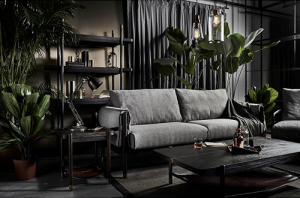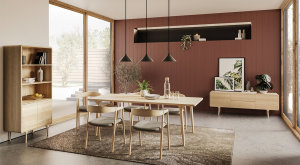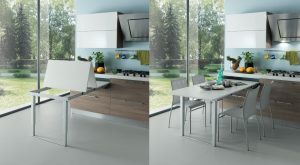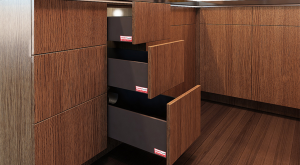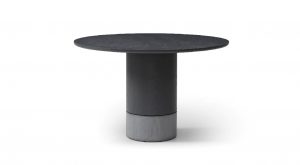Featured Post
How to Choose the Right Furniture for Your Home: A Comprehensive Guide
Choosing the right furniture for your home can be overwhelming. With so many styles, materials, and options available, it's easy to feel lost. This guide will help you navigate the process, ensuring you select pieces that not only look great but also meet your needs and stand the test of time.

Before you start shopping for furniture, it's essential to understand your space. Measure your rooms accurately, noting the dimensions of doorways, windows, and any architectural features that might affect furniture placement. Consider the flow of traffic and how you use each room. For example, in a living room, you might need space for entertaining, while a bedroom should prioritize comfort and relaxation.
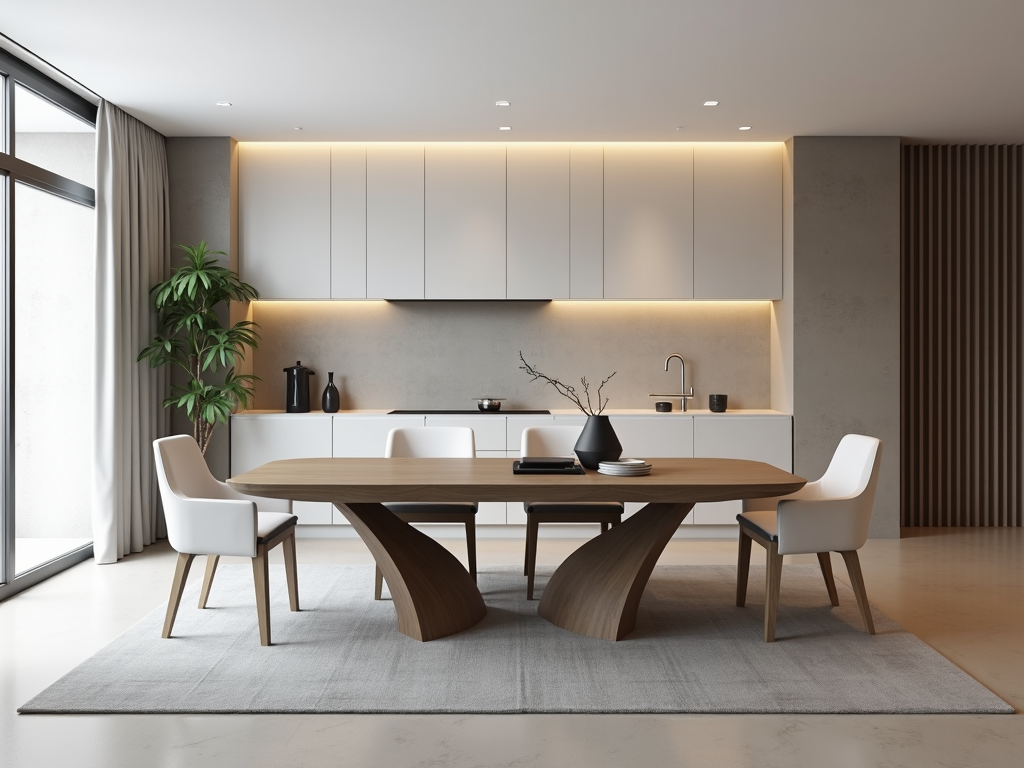
Your furniture should reflect your personal style and complement your home's overall aesthetic. Are you drawn to modern minimalism, classic elegance, or rustic charm? Look for inspiration in design magazines, online platforms like Pinterest, or even in nature. Once you have a clear vision, you can start selecting pieces that align with your style.
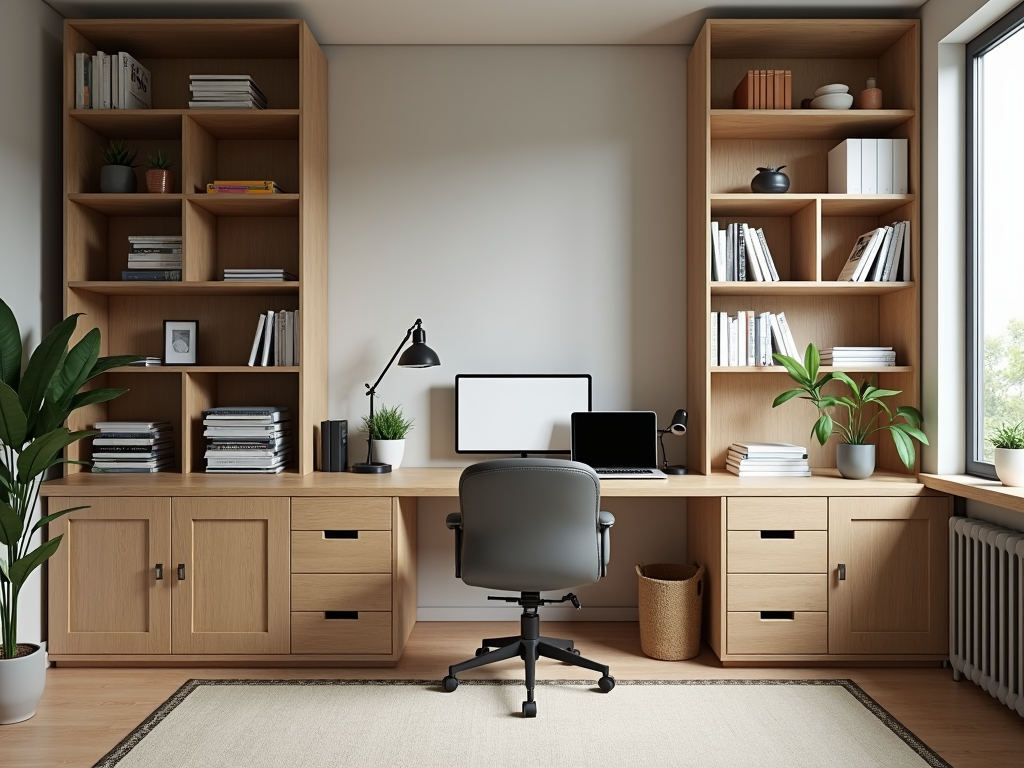
Functionality is key when choosing furniture. Think about how you'll use each piece. For instance, if you have a large family, a sturdy dining table that can withstand daily use is essential. If you work from home, a comfortable and ergonomic office chair is a must. Don't forget to consider storage needs and multi-functional furniture that can save space.
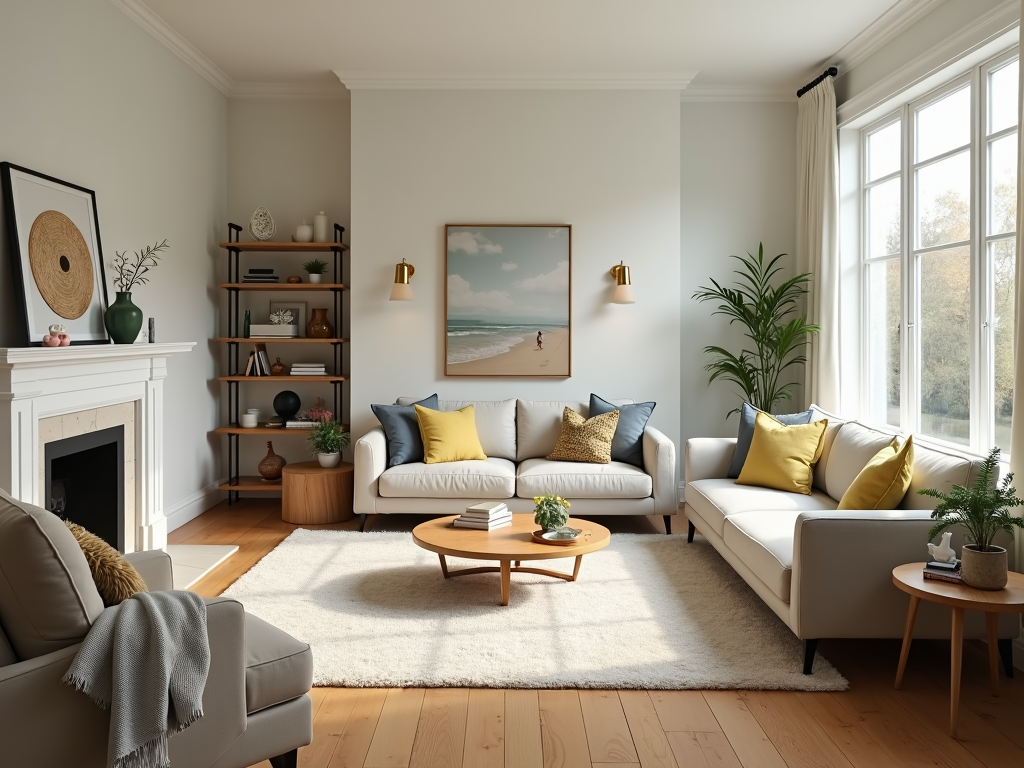
Furniture maintenance is often overlooked but is crucial for longevity. Different materials require different care. For example, leather furniture needs regular conditioning to prevent cracking, while wooden pieces might need polishing. If you have pets or children, consider furniture that's easy to clean and durable.

Keeping your furniture clean doesn't have to be a chore. Here are some top cleaning hacks:
- For upholstered furniture, use a mixture of water and mild detergent to spot clean stains.
- Wooden furniture can be polished with a mixture of olive oil and lemon juice for a natural shine.
- To remove water rings from wood, try using a hairdryer on a low setting to evaporate the moisture.

Recliners are a popular choice for comfort, but they require specific care. Here are some maintenance tips:
- Regularly check and tighten screws and bolts to ensure stability.
- Clean the upholstery according to the manufacturer's instructions.
- Lubricate moving parts to prevent squeaking and ensure smooth operation.
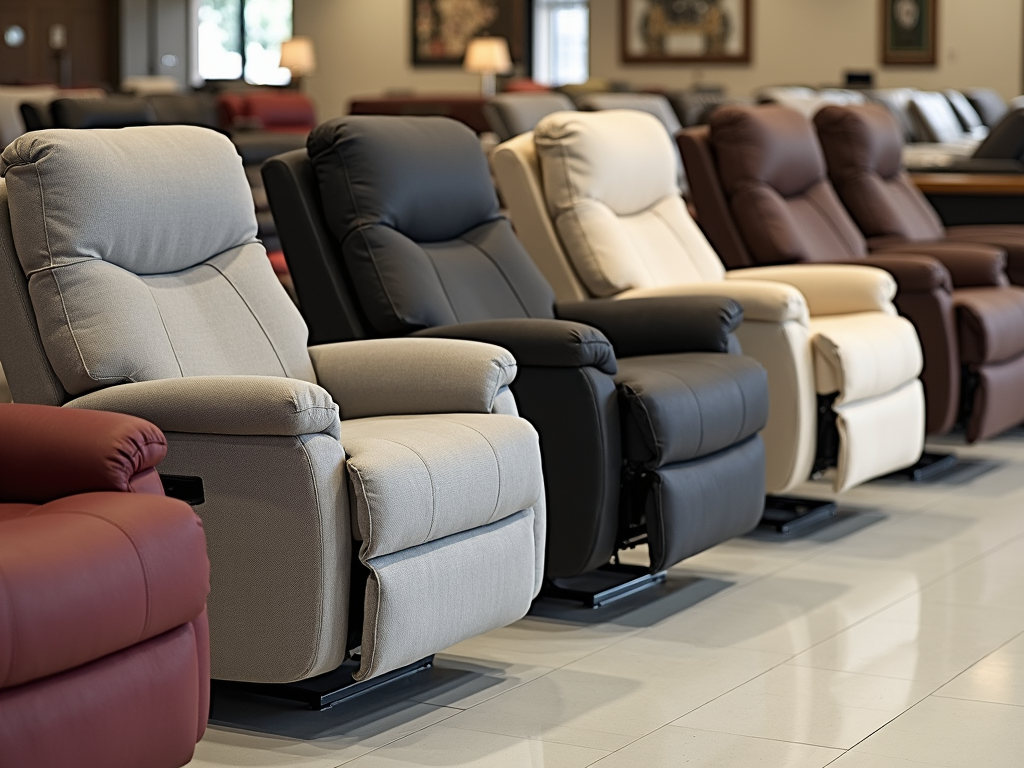
When selecting a recliner, consider the following:
- Size: Ensure it fits your space and your body comfortably.
- Material: Leather is durable but can be hot in summer, while fabric is cozy but may stain easily.
- Mechanism: Manual recliners are simpler, while power recliners offer more convenience.
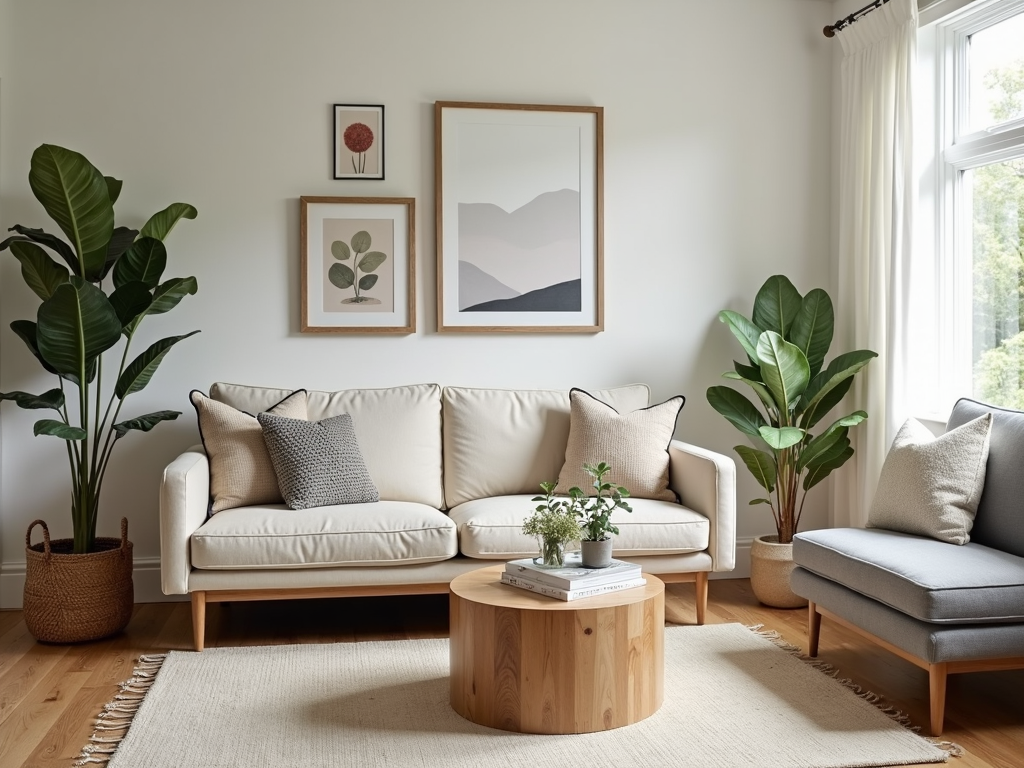
Furniture can be a significant investment, so it's important to set a budget. Determine how much you're willing to spend on each piece and prioritize accordingly. Remember, quality furniture can last for years, so it might be worth spending a bit more for durability.

There are many places to buy furniture, from big-box stores to online retailers and local shops. Each has its pros and cons. Big-box stores often have lower prices but may lack unique pieces. Online retailers offer convenience but you can't see the furniture in person. Local shops might have higher prices but often provide personalized service and unique finds.
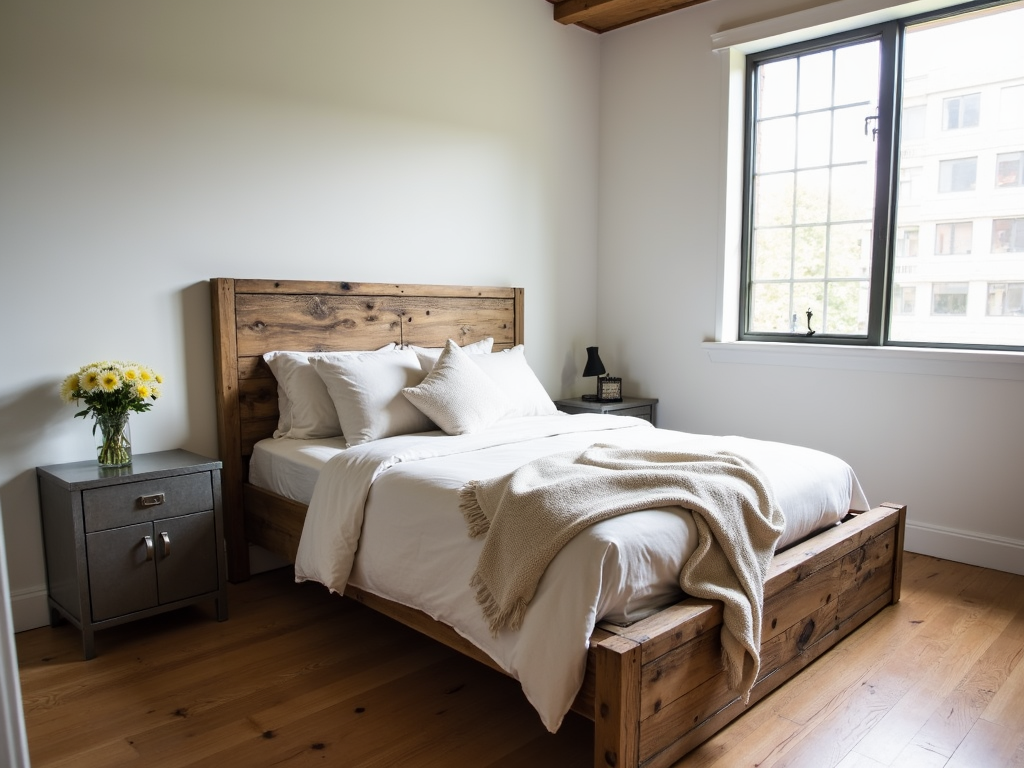
Sustainability is becoming increasingly important in furniture choices. Look for pieces made from eco-friendly materials, such as reclaimed wood or recycled metal. Also, consider the longevity of the furniture; buying high-quality pieces that last longer reduces waste.
Choosing the right furniture for your home is a personal journey that combines style, functionality, and practicality. By understanding your space, defining your style, considering functionality, and thinking about maintenance, you can create a home that reflects your personality and meets your needs.
Selecting the right furniture involves understanding your space, defining your style, considering functionality, and thinking about maintenance. With these tips, you can create a home that's both beautiful and practical.


